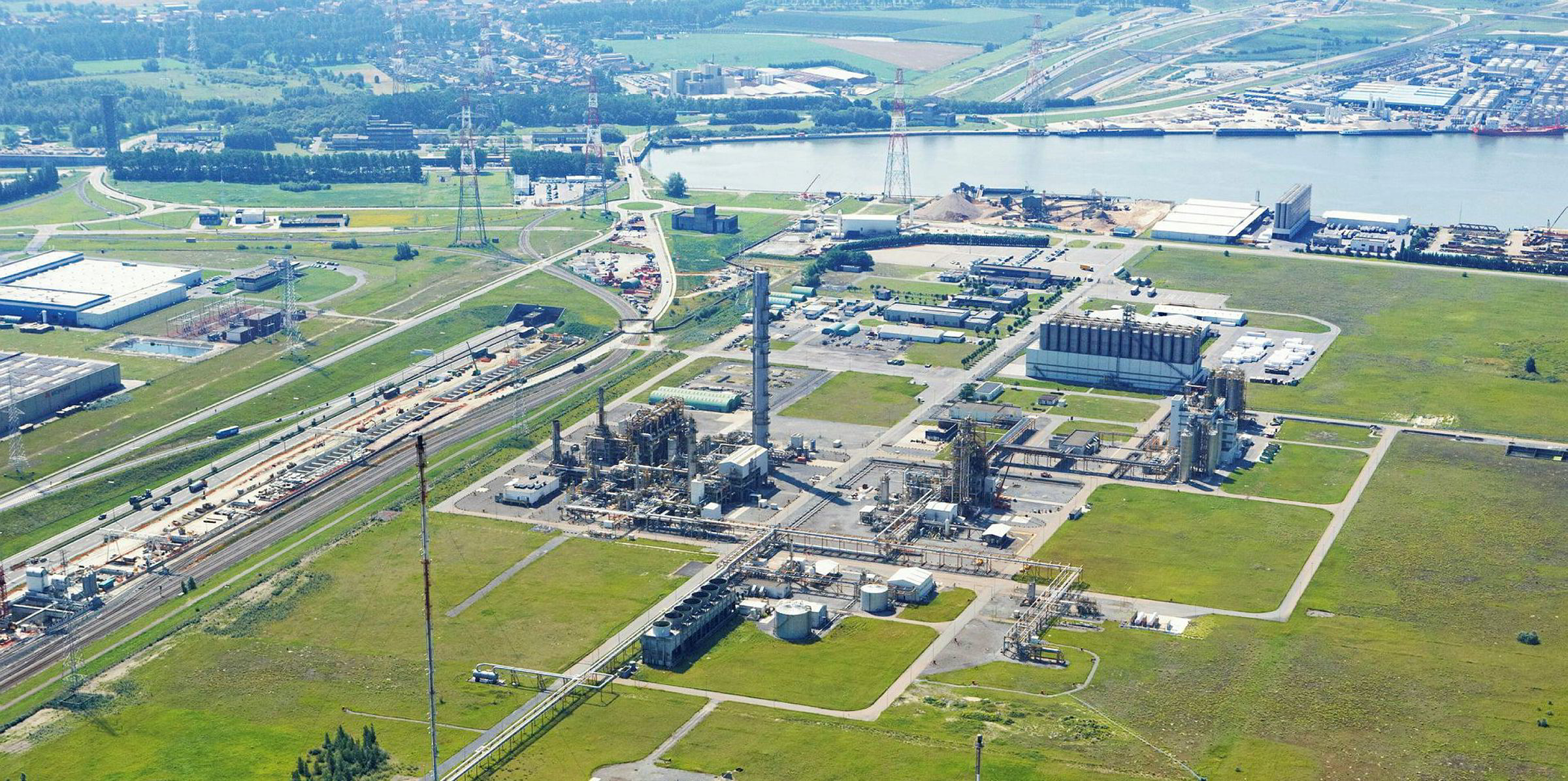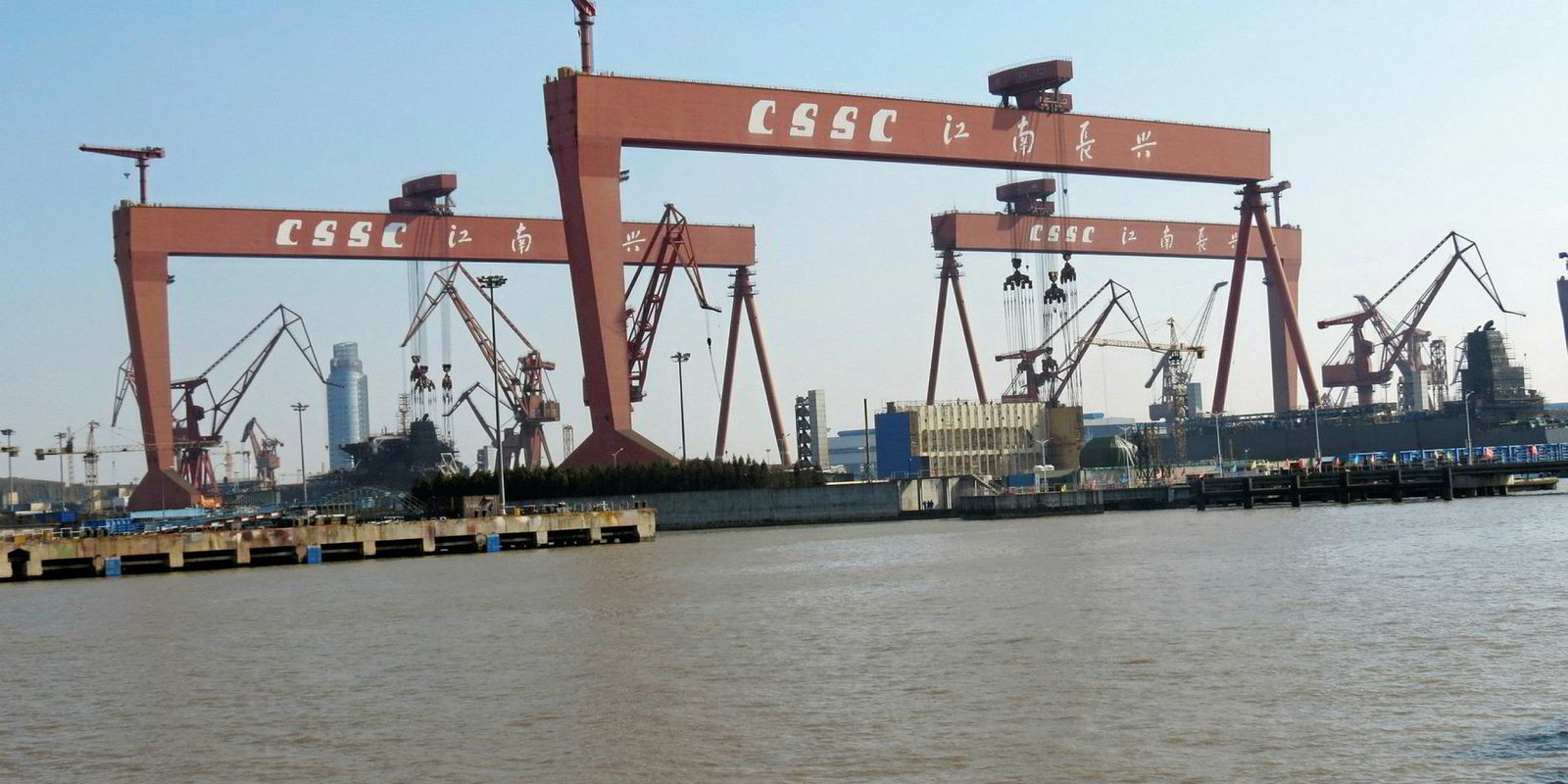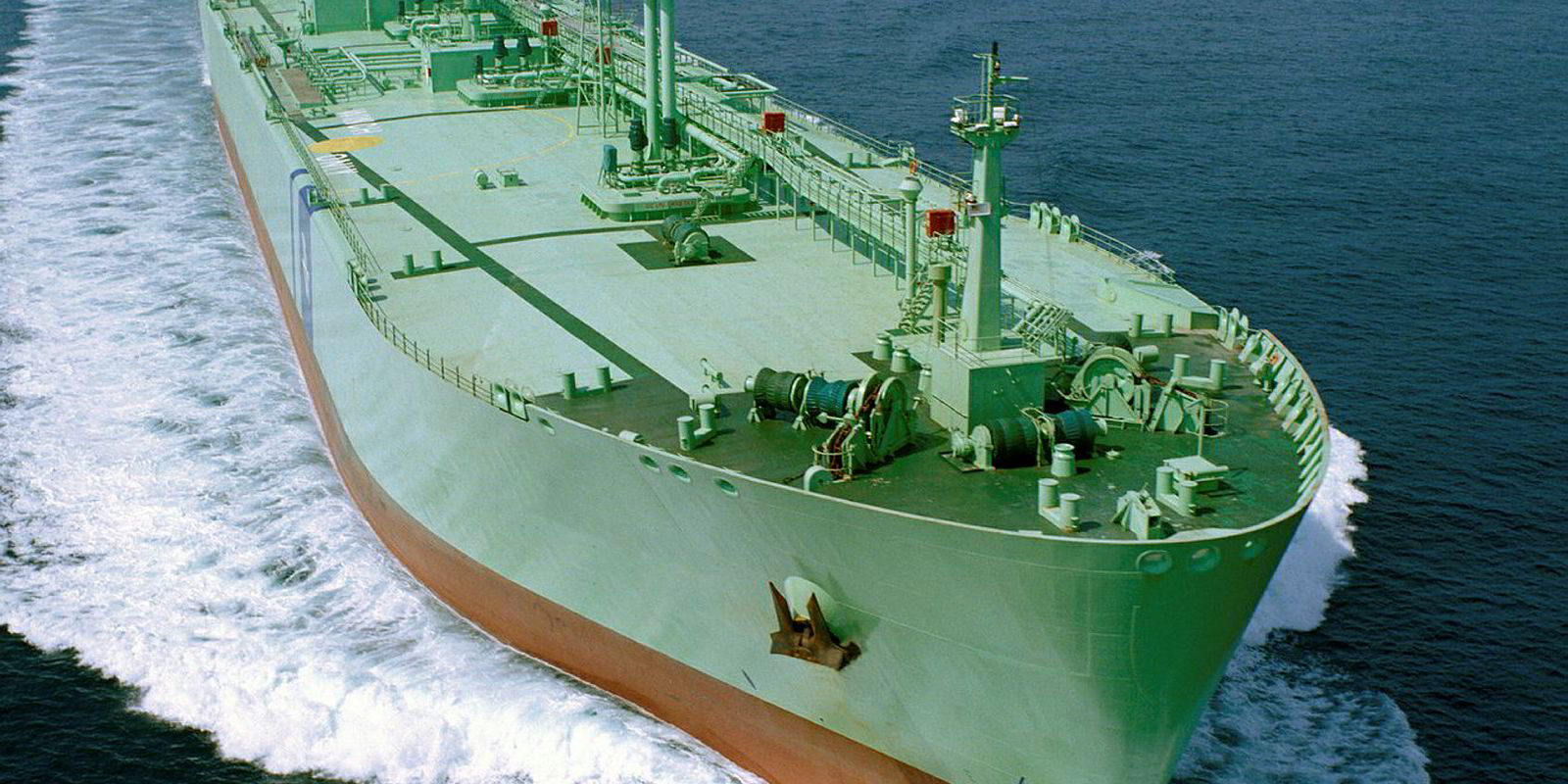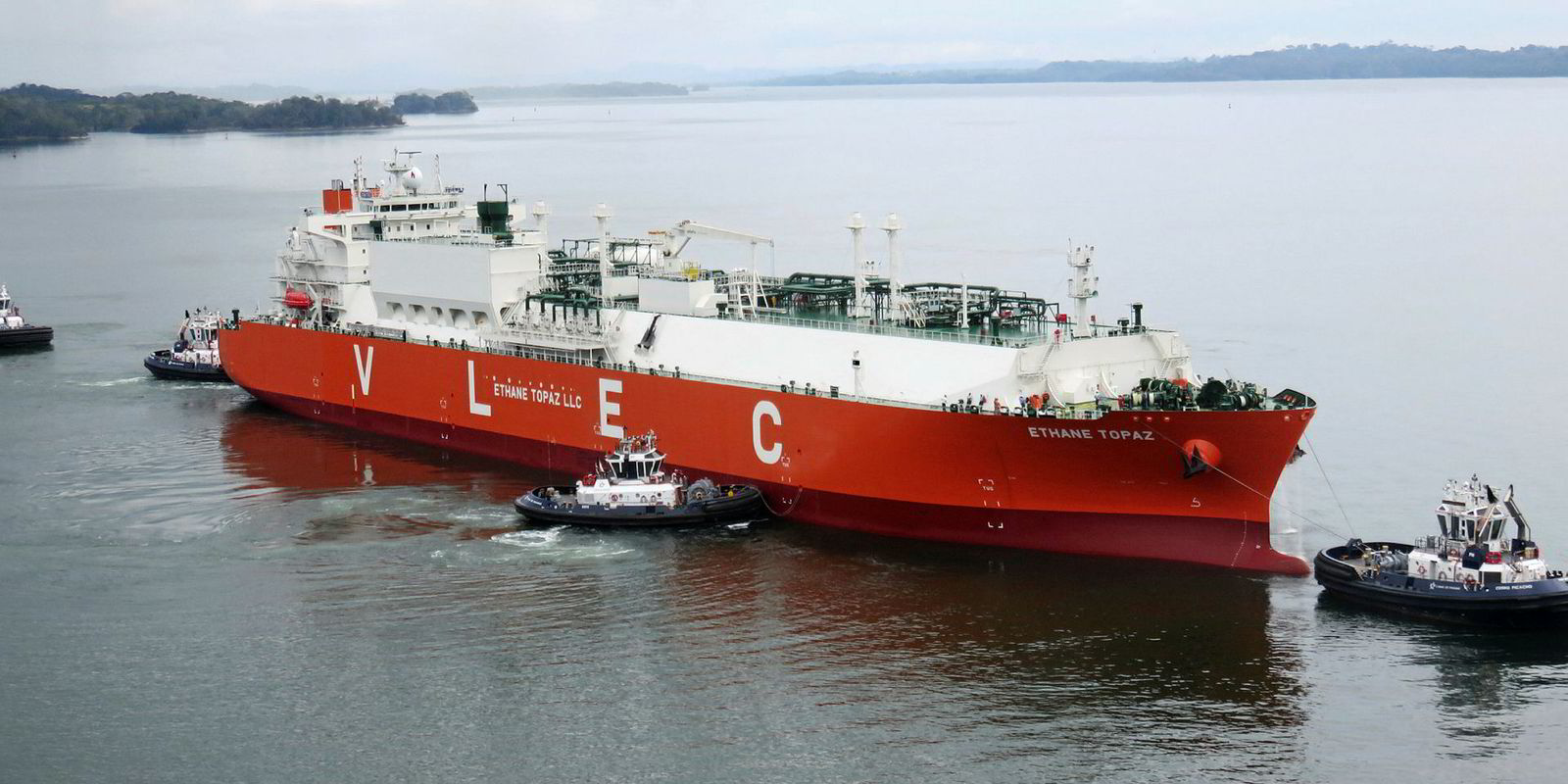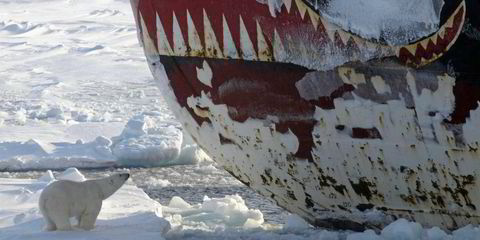A propane dehydrogenation (PDH) plant planned by Borealis AG will boost VLGC shipments to Antwerp when it is commissioned in the first half of 2022.
The Austrian company, one of the world’s largest producers of polyolefins, base chemicals and fertilisers, has recently taken the final investment decision for the plant, with a targeted production capacity of 750,000 tonnes per annum, in the Kallo area of Belgium.
“The feedstock propane will be sourced from the world market and come mostly by large VLGCs,” Patrick Laureys, Borealis senior external communications manager, told TradeWinds.
When operating at full capacity, the plant will require the equivalent of 25 to 30 VLGC shipments of 45,000 tonnes of propane each, Laureys said.
Significant increase
Data from Eurostat shows Belgium as a whole imported 2.11 million tonnes of LPG in 2017, suggesting the Borealis plant would lead to a significant increase in the country’s seaborne LPG trade.
Antwerp, which hosts one of Europe’s main petrochemical hubs, received 476 LPG carrier shipments in the first nine months of 2018, according to VesselsValue.
However, only nine of those shipments were on VLGCs, all of which originated from other European locations.
Borealis is not related to UK-based shipowner Borealis Maritime.
PDH plants process propane into propylene, with hydrogen being a by-product. Propylene in turn can be used to make polypropylene, a plastic widely used in the packaging, manufacturing and car industries.
As part of the Borealis project, Oiltanking Antwerp Gas Terminal will build a 135,000-cbm propane storage tank, aside from handling the propylene output. The Flemish government has granted €4m ($4.6m) to support the project as it will make use of a recyclable, chromium-free catalyst that can reduce energy consumption, waste production and CO2 emissions.
Propylene in demand
Laureys said the polypropylene will be sold to group and external polypropylene plants. Demand for propylene in Europe is increasing while supply growth is decelerating, he added.
Propylene is also produced by steam crackers and oil refineries. However, crackers have been increasingly using ethane and LPG as feedstocks, while flatlining diesel and gasoline demand curbs refinery runs — both factors can limit propylene production.
The hydrogen produced from the Borealis plant will be sold to Air Liquide under a long-term agreement.
Even as many developed countries have launched the so-called "war on plastics" for environmental protection, the International Energy Agency (IEA) has predicted strong petrochemical demand in the coming decades with strong consumption growth in emerging economies.
“A growing global economy, rising population, and technological development will translate into an increasing demand for petrochemical products,” the IEA says. “Although substantial increases in recycling and efforts to curb single-use plastics take place, especially led by Europe, Japan and Korea, these efforts will be far outweighed by the sharp increase in developing economies of plastic consumption.”
